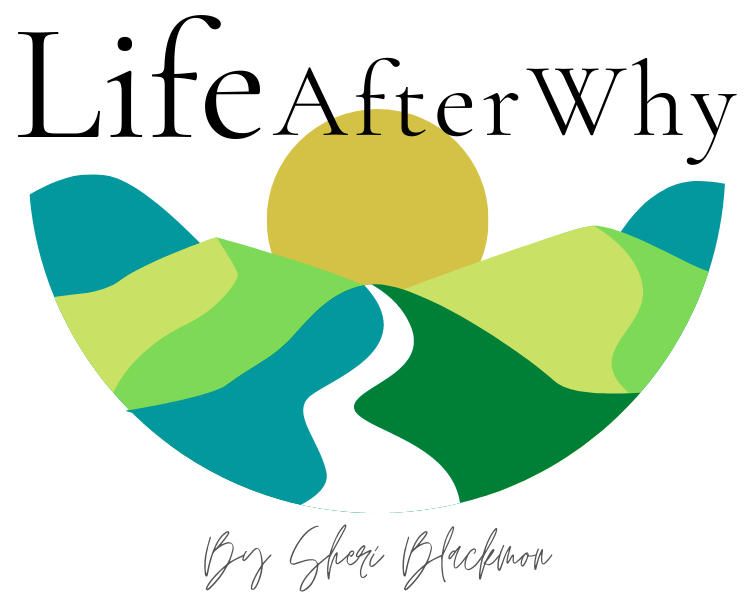Memento Mori: Remember Thou Art Mortal
On how Reflecting on my Mortality is Less Scary than I Fear, and Actually Useful
The surgeon sits on his green vinyl office stool, rolls it toward me, and starts, “I probably shouldn’t tell you this…” He grabs my attention. In English class this is a rhetorical device called Praeteritio designed to get the audience’s attention, like saying “I’m not going to talk about” but in fact talking about it. He informs me that he will not do the reconstructive surgery on the left side until six months after treatments due to a considerable chance of cancer recurrence. What? My heart sinks, but I don’t want to reveal alarm for fear he might stop his insider’s revelations. The shock palpable and appointment already long with other patients waiting, I fail to ask clarifying questions. I leave wondering why I didn’t learn this before. For now, I’ll let it sink in; I’ll sort it out for myself.
Later on, we take my mom to see The Art of Racing in the Rain, a story from a dog’s perspective, including the death of a young woman from brain cancer. The story agitates my mom. When I walk her to her door, she passionately instructs me not to think about the movie. Her discomfort is understandable for many reasons: the fact that I’m her daughter, the background noise of being 94, the childhood trauma of hiding from the Nazis in Berlin and Bavaria.
I don’t mind the subject of death in the movie; in fact, I’m surprised at my willingness to let it breathe, to consider it a worthwhile object of reflection. I recall a sermon by Rankin Wilbourne from Ecclesiastes on Memento Mori (“remember thou art mortal”). It originated in ancient Rome when a servant was given the task of saying these words while standing behind a victorious general as he paraded through town. The term morphed into a medieval Christian theory of considering the vanity and transient nature of earthly goods and pursuits. Much of Christian art encourages Memento Mori as a valid and useful practice. The book of Ecclesiastes circles the idea again and again.
Like most people, I have an approach/avoidance relationship to Memento Mori. During my first bout with cancer in 2002, I only considered it existentially once or twice because it unnerved me; a craving for stability and security dominated. But I also crave adventure and thrills, the adrenaline-kind of riding a motorcycle, torque, and speed. Slowly pulling the throttle of my Harley on an uphill turn in the Santa Monica Mountains is among my favorite thrills; listening to the roar of the Vance and Hines pipes, leaning into the curve, my body crashing into the warm air, muffled wafts circling in the helmet, and accelerating as the curve opens up make me feel alive with a touch of rebel. Maybe what I like about motorcycles is being on the edge, flirting with danger. Perhaps it’s not so far removed from Memento Mori, but still, I like to choose my adventures in the context of a secure and stable life, not to drop the bike or disrupt a pleasure ride. One time I biked through a cloud of bees on a ride to Ojai. I stopped, wiped the splatter from the face shield, extracted a stinger from my thigh, and moved on. I wish it were like that this time.
Memento Mori demands intention and effort; it unbends me and hurts, but it feels important, even propitious. The thought of being with Jesus when I die fixes me, but the real possibility of my own death unfastens me. I’ve dodged it for three months, but after hearing the surgeon’s words, I’m moving toward it. My first campout on death sparks some initial realizations: this is not the time to figure out my future; it is the time to jump into what compels me, to do the little I can right now, to write, appreciate, store up treasures in heaven, invest in something that endures; it is the time “to glorify God and enjoy Him”; to seize the kairos moments—where time stops, the sacred is unveiled, the eternal enters—moments surpassing chronological time; it is the time to affirm and cherish the people I’m with. Perhaps these campouts aren’t so scary after all.
The next day, my friend Janet and I meet my oldest son, Andrew, at an upscale fusion restaurant in Culver City. The conversation quickly drops into deep waters ranging from spirituality, philosophy, and theology to sharing our hearts while savoring flavorsome menu items. I’m immersed in a mystical world of relational wonder, another “God moment,” a blessed visitation, a divine stirring of earthly waters, a kairos moment.
Memento Mori sifts the valuable from the vain, the eternal from the transient.
